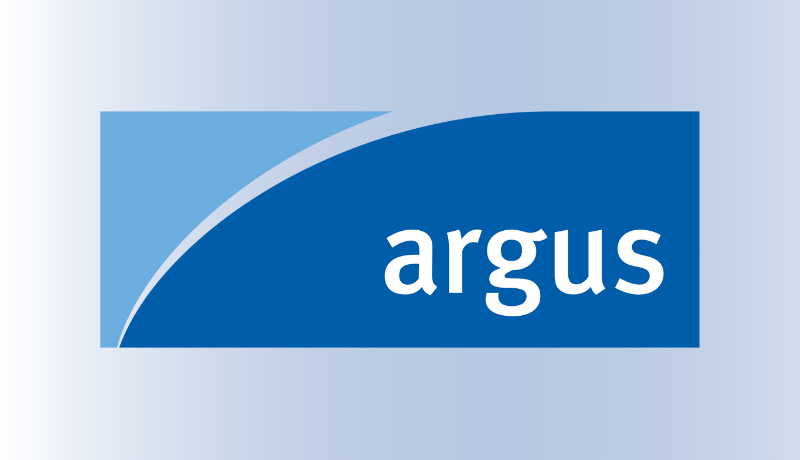Canadian companies regulated by the federal government's forthcoming program to limit greenhouse gas (GHG) emissions from industry may face a short market next year, according to a new analysis.
The market for Canada's output-based pricing system (OBPS) will be short by nearly 12mn compliance units in 2019, the carbon market advisory firm ClearBlue Markets forecast in a report earlier this week.
ClearBlue first determined that greenhouse gas (GHG) emissions covered under the OBPS are set to increase slightly, due in large part to the electricity sector in Ontario. Premier Doug Ford has moved to cancel a large number of renewable energy contracts that will likely be replaced by natural gas. The firm found that total emissions over the 2019 limit will approach 13mn metric tonnes of CO2-equivalent.
Regulated industries must account for those emissions by purchasing credits from more efficient facilities, picking up carbon offsets, or paying a charge for excess emissions.
ClearBlue expects that entities in possession of surplus credits will bank them for later years, when compliance costs rise, thereby limiting supply available to the market. Offsets will be available primarily from Alberta, British Columbia and Quebec — provinces that have developed their own carbon markets. But industries regulated by the OBPS may find it hard to compete with offset demand from within those provinces, particularly Alberta and British Columbia, where the price of carbon will be higher than the federal system through at least 2021.
The combination of those factors led ClearBlue to conclude that the OBPS market would be short in its first year, with the deficit decreasing to 8mn t by 2022.
The OBPS is one-half of prime minister Justin Trudeau's plan to put a carbon price on any province or territory that does not have an analogous policy of its own. The other component, a carbon levy that starts at C$20/metric tonne ($15/t) in April 2019 and increase by C$10/t through 2022, will apply to fuel producers and distributo
Industries at risk of losing business or moving because of the carbon price will face the output-based system. Rather than pay the carbon levy on purchased fuels, they would instead have to account only for GHG emissions above a specified level.
Trudeau in October said that the federal system will apply fully in Manitoba, New Brunswick, Ontario, Nunavut and Yukon, and partially in Saskatchewan and Prince Edward Island.
